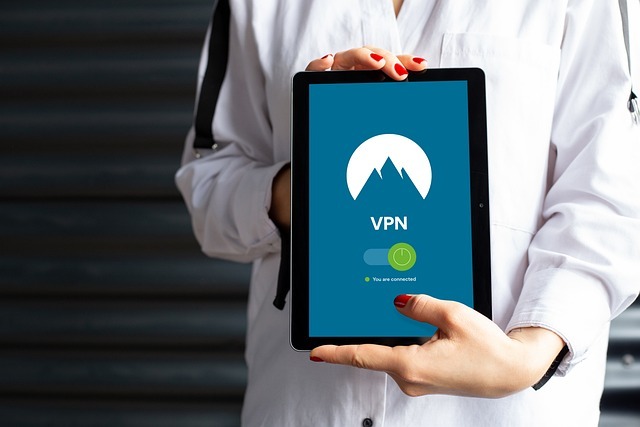The Rise of AI in Writing
In today’s digital age, technology has become an integral part of our daily lives. From smartphones to smart homes, we rely heavily on artificial intelligence (AI) to make our lives easier and more efficient. This is especially true in the world of writing, where AI has revolutionized the way we create and consume content. With the help of AI, we can now generate written content at an unprecedented speed and accuracy, making it an invaluable tool for businesses and individuals alike. However, as with any technology, there are also concerns about its security and potential risks.
Understanding AI Security
AI security refers to the protection of artificial intelligence systems from cyber threats and attacks. These systems are vulnerable to various forms of attacks, such as data breaches, malware, and manipulation. The consequences of these attacks can be severe, ranging from stolen data to the manipulation of AI-generated content. This not only poses a threat to the integrity of the content but also to the trust and credibility of the businesses and individuals using AI for writing. Therefore, it is crucial to understand the potential risks and take necessary measures to ensure the security of AI in writing.
The Impact of AI Security on Writing
The impact of AI security on writing is significant and multifaceted. On one hand, AI has made it easier and faster to create written content, but on the other hand, it has also opened up new avenues for cybercriminals to exploit. One of the biggest concerns is the potential for AI to be used to create fake news and manipulate public opinion. With the ability to generate content at a rapid pace, AI can easily flood the internet with false information, causing chaos and confusion. This not only poses a threat to the credibility of the content but also to the trust of the readers.
Moreover, AI security is also crucial for protecting sensitive information. Many businesses use AI for writing reports, contracts, and other confidential documents. If these systems are not secure, it can lead to data breaches and the exposure of sensitive information. This can have severe consequences, such as financial loss, reputational damage, and legal implications. Therefore, businesses must prioritize the security of their AI systems to protect their data and maintain the trust of their clients.
Reimagining Writing with AI Security
The potential risks of AI in writing should not deter us from utilizing this technology. Instead, it should motivate us to reimagine writing with AI security in mind. One way to do this is by implementing robust security measures, such as encryption, authentication, and access control, to protect AI systems from cyber threats. Additionally, continuous monitoring and updating of AI systems can also help identify and address any potential vulnerabilities.
Another way to reimagine writing with AI security is by promoting ethical and responsible use of AI. This includes being transparent about the use of AI in writing and ensuring that the generated content is accurate and unbiased. It is also essential to have regulations and guidelines in place to govern the use of AI in writing and hold individuals and businesses accountable for any misuse.
Furthermore, collaboration between AI experts and cybersecurity professionals is crucial in ensuring the security of AI in writing. By working together, they can identify potential risks and develop effective strategies to mitigate them. This collaboration can also lead to the development of more secure AI systems that are resistant to cyber attacks.
The Future of AI Security in Writing
As AI continues to evolve and become more advanced, the need for AI security will only increase. With the rise of deep learning and natural language processing, AI systems are becoming more sophisticated and capable of creating human-like content. This presents new challenges for AI security, as it becomes more challenging to distinguish between AI-generated content and human-written content.
To prepare for the future, it is crucial to invest in research and development of AI security. This includes exploring new technologies and techniques to enhance the security of AI systems. It is also essential to educate and train individuals on AI security to create a workforce that is equipped to handle the challenges of securing AI in writing.
Conclusion
In conclusion, AI has undoubtedly transformed the world of writing, making it faster, more efficient, and more accessible. However, with this transformation comes the responsibility to ensure the security of AI systems. The potential risks and consequences of AI security breaches cannot be ignored, and it is crucial to take necessary measures to protect AI in writing. By reimagining writing with AI security in mind, we can harness the full potential of this technology while safeguarding our data, credibility, and trust.





